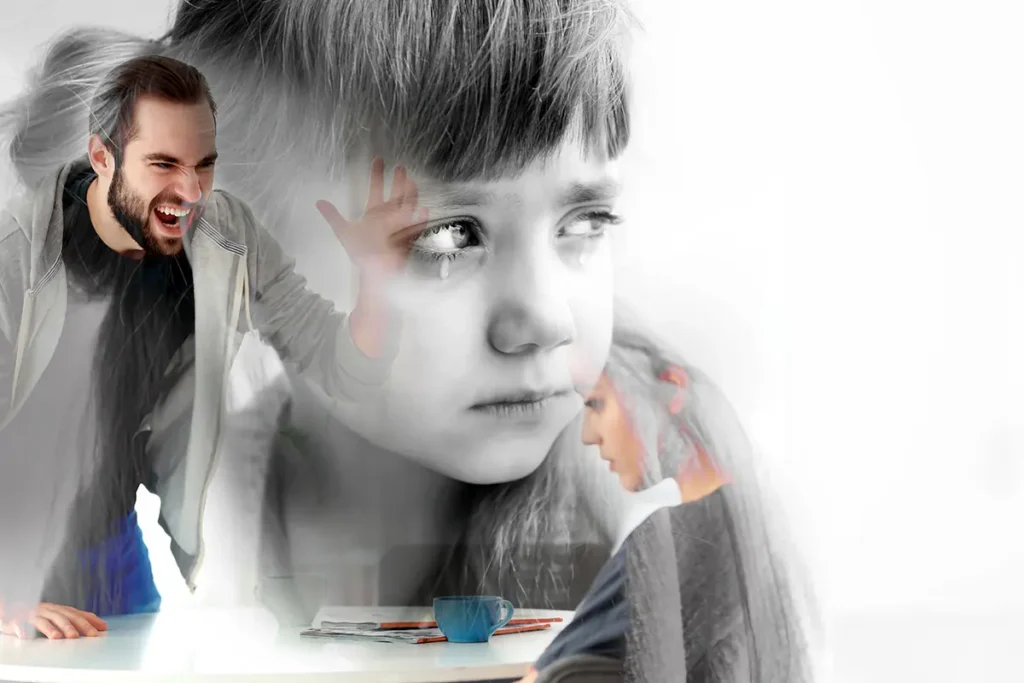Divorce is very often a tumultuous situation for the couple, but children should never get caught in the crossfire. As parents, you need to be vigilant about safeguarding your child’s emotional well-being during this challenging time. Here are some essential strategies to help you to provide a stable environment for your child during a divorce.
1. Maintain Open Communication with Your Child
Try to foster an environment where your child feels safe talking about their feelings and concerns. You should encourage open communication and actively listen to their thoughts without judgment. Assure them that their emotions are valid and that it’s okay to feel a range of emotions during this period.
2. Practice Unified Parenting
Strive for a united front with your ex-spouse when it comes to parenting. Consistency in rules, routines, and expectations can provide a sense of stability for your child. You should collaborate on major decisions regarding your child’s well-being, education, and extracurricular activities.
3. Shield Your Child from Adult Issues
Shield your child from the adult complexities of your divorce. Avoid discussing legal matters, financial disputes, or personal issues in their presence. Let them be children without burdening them with the weight of adult problems. You should provide age-appropriate information when needed but work to ensure they are not caught in the middle of parental conflicts.
4. Emphasize Love and Support for Your Child
You both should reassure your child that your love for them remains unwavering. Emphasize that your divorce is not their fault, and that you both will continue to be active participants in their lives. Be sure to demonstrate support for their relationship with the other parent, fostering a sense of security in maintaining both maternal and paternal bonds.
5. Seek Therapeutic Support
Consider getting professional therapeutic support for your child during the divorce process. A trained therapist can help them navigate their emotions and provide coping mechanisms. Therapy can also be a safe space for your child to express their feelings without fear of judgment.
6. Maintain Consistency in Your Child’s Life
Amidst the upheaval of divorce, strive to maintain a consistent routine for your child. Predictability and structure can be grounding during uncertain times. Keep regular visitation schedules and ensure your child knows what to expect in terms of school, extracurricular activities, and family time.
7. Practice Self-Care as Parents
Finally, recognize the importance of self-care. Emotional well-being starts with the adults in the family. Seek support from friends, family, or therapists to cope with the emotional challenges of divorce. A healthier and more resilient parent can better support their child through the process.
Divorce is always a challenge, but with proactive efforts, you can minimize the emotional impact on your children. By fostering open communication, maintaining a united parenting front, and prioritizing your child’s well-being, you can guide your family through this transition with compassion and resilience. Remember, your child’s emotional health is worth the extra effort during this challenging time.
The Law Offices of Patrick Markey, P.C. are dedicated to the Collaborative Divorce Process. We are located at 180 Stetson Avenue, Suite 3500 in Chicago, Illinois. You may call us at 312-223-1763.
Patrick Markey is a Chicago based attorney who is an advocate of no court divorce options. He believes Collaborative Divorce and Mediation create better outcomes to your divorce process.
Mr. Markey is a member of Super Lawyers, an elite group of the top 5% of top lawyers (https://www.superlawyers.com). He is also listed as a top divorce lawyer by AVVO (https://www.avvo.com) and is a fellow of Collaborative Divorce Illinois (https://collaborativedivorceillinois.org), as well as a member of The Chicago Bar Association (https://www.chicagobar.org)

